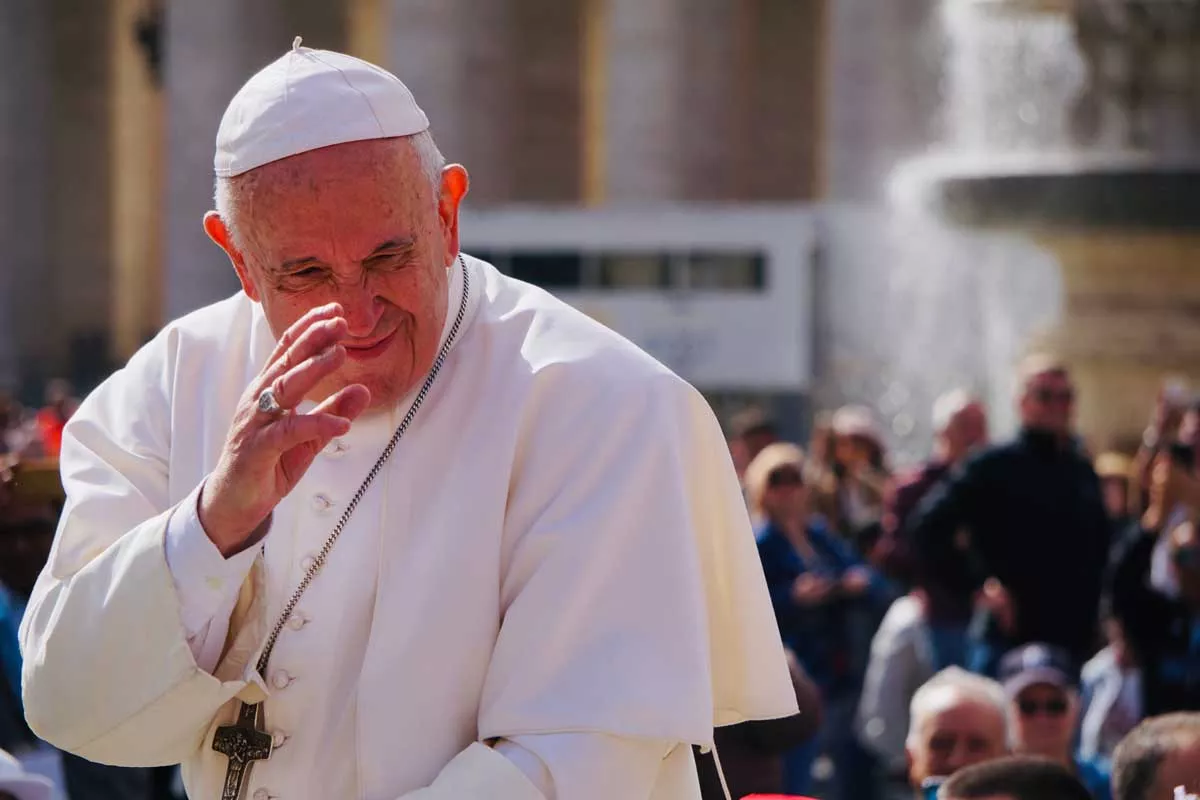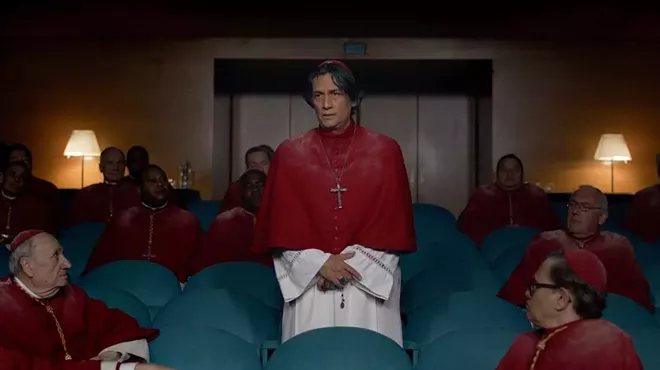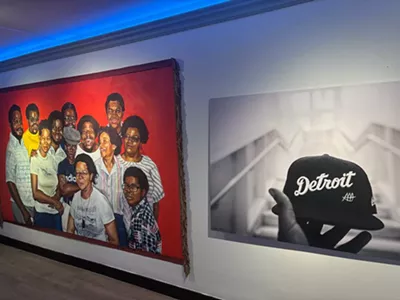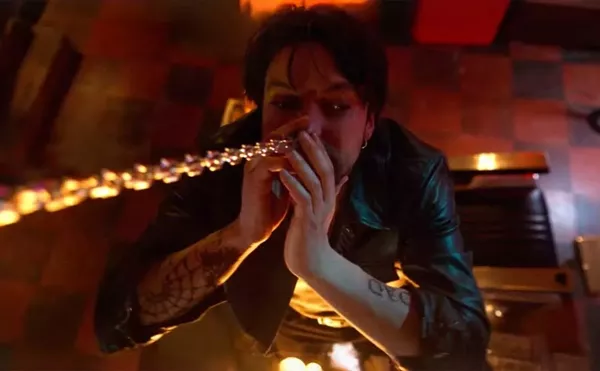Pope Francis helped me feel like I could return to Catholicism
Hopefully the Catholic Church chooses another progressive pope


Audio By Carbonatix
[
{
"name": "GPT - Leaderboard - Inline - Content",
"component": "35519556",
"insertPoint": "5th",
"startingPoint": "3",
"requiredCountToDisplay": "3",
"maxInsertions": 100,
"adList": [
{
"adPreset": "LeaderboardInline"
}
]
}
]
May Pope Francis rest in peace.
According to the Vatican, the first Catholic pope from the Americas died of a stroke and subsequent heart failure on April 21 at age 88.
Born Jorge Mario Bergoglio in Buenos Aires and ascending to the papacy in 2013, Francis leaves behind a legacy as — apologies for the phrasing here — quite possibly the most woke pope ever. And his outspoken progressive views helped me to eventually feel like I could return to my Catholic roots, on my own terms.
To be blunt, Pope Francis was spitting bars.
He called the environmental devastation wrought by man-made climate change “an offense against God,” blaming the “greedy pursuit of short-term gains by polluting industries.” He pushed for the inclusion of LGBTQ+ people in the church, and also called for the death penalty to be abolished.
And in a time rife with xenophobia and scapegoating of immigrants around the world, he preached the biblical commandment of “love the stranger.” Earlier this year, he denounced the Trump administration’s immigration policies by placing an emphasis on the dignity of migrants, saying, “The act of deporting people who in many cases have left their own land for reasons of extreme poverty, insecurity, exploitation, persecution or serious deterioration of the environment, damages the dignity of many men and women.”
Last year, he called out the U.S. government for promoting wars around the world, which he called “the failure of fraternity, the failure of peace.” Since the escalation of conflict in the Middle East in 2023, Francis denounced Israel’s killing of tens of thousands of civilians as “terrorism” and made daily phone calls to the only Catholic church in Gaza.
Why wouldn’t the Catholic Church speak out on behalf of Palestine? Jesus’s birth town of Bethlehem is in the West Bank.
On Easter Sunday, the day before his death, Francis renewed his calls for a ceasefire in Gaza. He also called for Hamas to release its remaining Israeli hostages and condemned antisemitism.
The messages were relayed with the help of an aide, as Francis was recovering from pneumonia. It was his last public act.
According to reports, he had only $100 to his name at the time of his death.
Unsurprisingly, Pope Francis’s views led him to being labeled by some as a “radical leftist,” and conservatives within the church called for his ouster. In a 60 Minutes interview last year, Francis criticized a conservative as someone who “clings to something and does not want to see beyond that,” adding, “It is a suicidal attitude. Because one thing is to take tradition into account, to consider situations from the past, but quite another is to be closed up inside a dogmatic box.”
It was only recently that I came to appreciate Pope Francis. I had not thought about the Catholic Church for a long time — since receiving the Sacrament of Confirmation, which is supposed to represent a strengthening of faith. For my patron saint I chose Thomas the Apostle, who is also known as “doubting Thomas” because he was initially skeptical that Jesus was resurrected from the dead.
I moved away from the church as a teenager, denouncing it and all religions as just a way to control people. After the terrorist attacks on 9/11, I decided that if people could be motivated by religion to commit such heinous acts, it was proof to me that the tendency for religious beliefs was a flaw of the human mind.
I have since arrived at a different point of view, seeing terrorism as a despicable yet understandable reaction to U.S. imperialism. I now believe we will never have world peace if we do not address and confront the disastrous policies of the U.S. empire.
I also see religion and especially Catholicism differently now as well. While I don’t believe everything said in the Bible or by the church is the actual word of God, I see value in the teachings as literary and folkloric works of art. In an age of instant gratification, I appreciate the opportunity for reflection and meditation offered by the church’s rituals. I have also come to appreciate Catholicism as a cultural identity, and I think it’s cool to have something in common with diverse people from all over the world, including in Europe, Latin America, the Philippines, Africa, and beyond.
This year, for the first time in many years, I decided to participate in Lent — when Christians fast or give up vices in observance of the 40 days Jesus spent in the desert enduring the temptation of Satan. I did my best to abstain from social media — and failed, which I’d like to blame as simply a function of the requirements of my job as a journalist but in reality is equally testament to the addictive nature of these damn phones. However, I found value in the act of reassessing priorities.
Recently watching last year’s excellent — and timely — Catholic church thriller Conclave further lit a spark inspiring me to return to my roots.
Of course, there are a great many areas where I disagree with the Catholic Church. Its institutional cover-up of clergy sexual abuse of children is a shameful mark on its history, and I do think religions are often used to control people. Pope Francis has said plenty of things I disagree with as well. He was no angel, but then again nobody is. We’re only human.
Soon, the Catholic church will gather in literal smoke-filled rooms in the Vatican to choose its new pope. I hope they choose someone like Francis, someone not afraid to speak truth to power who might also draw more people like me back into the church.







